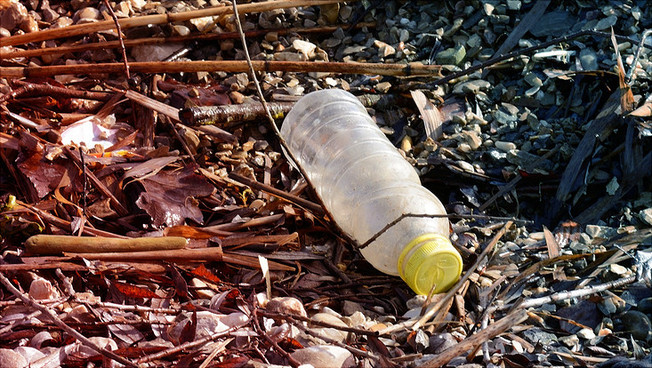8 February 2018
Universität Hamburg study shows:Plastic-eating bacteria more diverse and numerous than previously thought

Photo: Pixabay.com
Microbiologists at Universität Hamburg analyzed the genetic make-up of bacteria found in various environments on land and in water using global databases. They discovered that many bacteria are potentially responsible for breaking down PET and that the genetic development of those bacteria is more diverse than previously thought. The research team investigated waste products occurring in bacteria when these broke down plastic together with the enzymes involved. While doing so, they discovered several hundred new enzymes, known as PET hydrolases. “We were surprised that the bacteria species involved are far more diverse than previously thought. Our characterization of 4 selected PET hydrolases expands our understanding of degradation mechanisms. Our study has confirmed, however, that the process whereby bacteria break down PET is a very slow.”
Original publication:
“New insights into the function and global distribution of polyethylene terephthalate (PET) degrading bacteria and enzymes in marine and terrestrial metagenomes”
Dominik Danso, Christel Schmeisser, Jennifer Chow, Wolfgang Zimmermann, Ren Wei, Christian Leggewie, Xiangzhen Li, Terry Hazen, and Wolfgang R. Streit
Appl. Environ. Microbiol. AEM.02773-17; Accepted manuscript posted online 2 February 2018, doi:10.1128/AEM.02773-17, http://aem.asm.org/content/early/2018/01/29/AEM.02773-17
